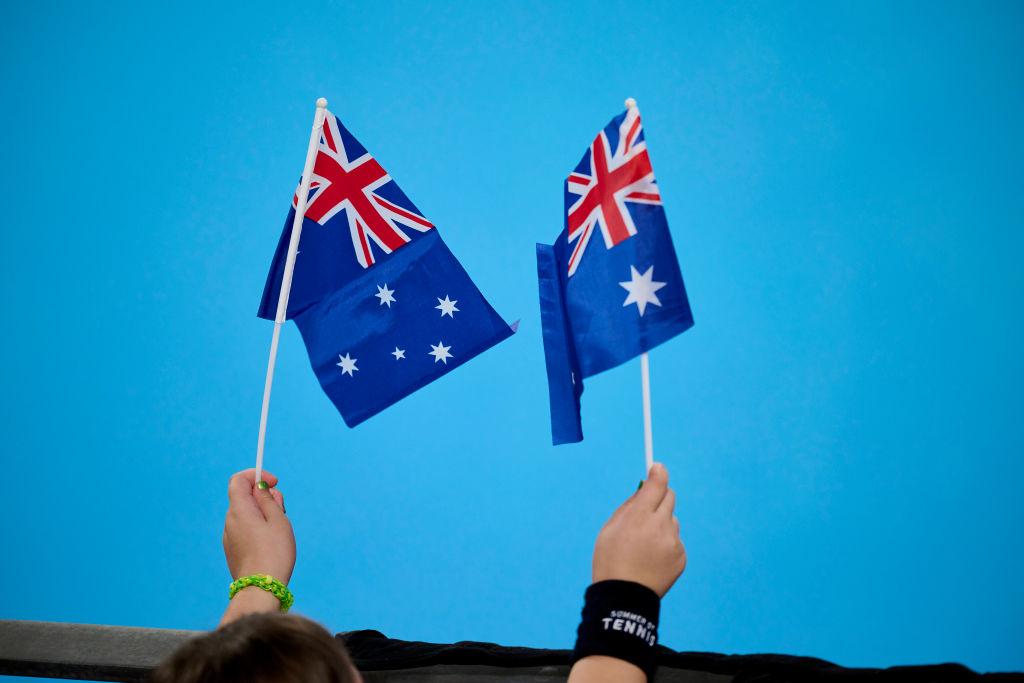In June, Australia ranked the fifth most preferred destination for millionaire migrants, with a net inflow of 2,500 wealthy migrants in 2023. This number has steadily increased by 35 percent over the last decade.
Yet a move by the Albanese government in January to scrap the millionaire migration program, known as the “Golden Ticket,” has raised concerns major investors are turning to other countries.





